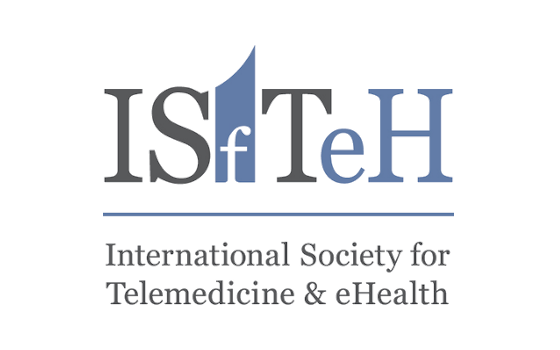 6 - 7 November 2022, San Jose, USA.
6 - 7 November 2022, San Jose, USA.The International Society for Telemedicine & eHealth (ISfTeH) organizes a new event in San Jose, CA, USA on November 6th and 7th, focusing on "Global Connections for Sustainable Telehealth".
Through its members and partners, the ISfTeH global network represents a vast amount of experience and good practice in telehealth service implementation and solution development.
At this event, a unique blend of CEOs, healthcare executives, government officials, and global stakeholders will take part in the opportunity to network and discuss their experience and the expansion of telehealth in national and international markets of high growth. With projected significant continued growth in the telehealth market globally, this one-of-a-kind meeting brings together leaders to discuss successful business models, opportunities in emerging markets, the challenges, and solutions for cybersecurity and international regulatory navigation, and more.
The program focus on specific topics such as:
- Digital Self Care - Patient Engagement
- Cybersecurity
- International Sustainability Models
- Telehealth Accreditation
- Decentralized Healthcare
- Regulatory Considerations
- Universal Health Coverage
- Hybrid Workflow Technologies
- AI Ethics
- Future of Virtual Health
- Virtual Hospital Models
Speakers and sponsors at the event come from leading organizations such as HP, Zoom, Poly, Medgate Global, AMD Global Telemedicine, URAC, DLA Piper, International SOS, SEHA Virtual Hospital, American TelePhysicians, Oracle, VSee, Africa Business Group, Japanese Telemedicine & Telecare Association.
For more information and registration, please visit:
http://www.isftehevents.org
About the International Society for Telemedicine & eHealth (ISfTeH)
The ISfTeH is a federation of 45 national professional associations in the Telemedicine and eHealth space globally, and is a Non-State Actor in Official Relations with the World Health Organization. The society also has institutional, corporate, and individual members in another 35 plus countries worldwide. As a global partner in digital health with a footprint in over 110 countries and territories, the mission of the ISfTeH since its inception 25 years ago has been to "facilitate the international dissemination of knowledge and experience in Telemedicine and eHealth and provide access to recognized experts in the field worldwide."